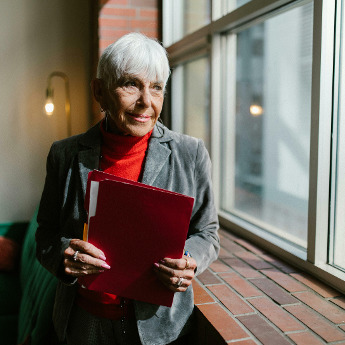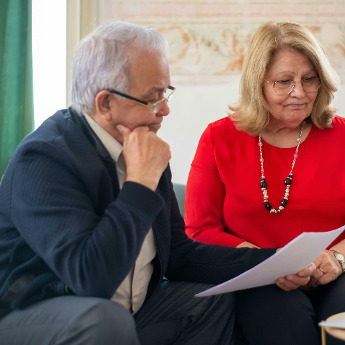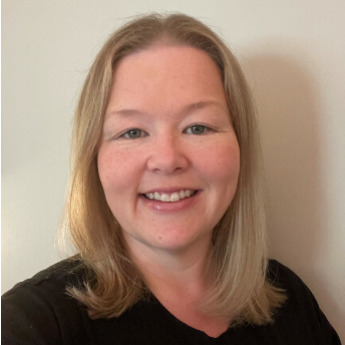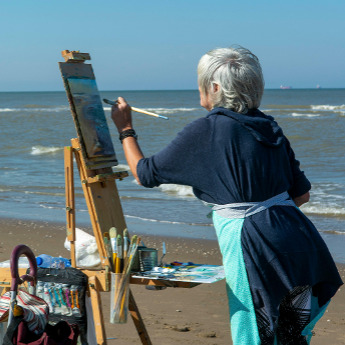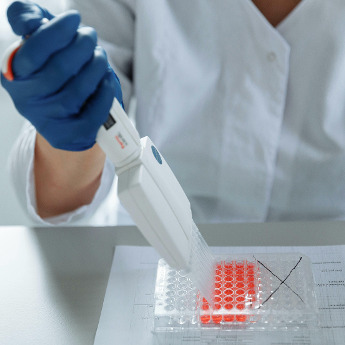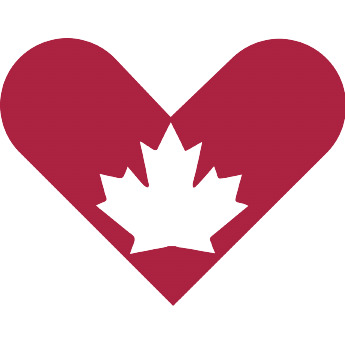By continuing to use our site, you consent to the processing of cookies, user data (location information, type and version of the OS, the type and version of the browser, the type of device and the resolution of its screen, the source of where the user came from, from which site or for what advertisement, language OS and Browser, which pages are opened and to which buttons the user presses, ip-address) for the purpose of site functioning, retargeting and statistical surveys and reviews. If you do not want your data to be processed, please leave the site.
The Voice of People With Breast Cancer
Education
Our Voices Blog
Our 2024 Year in Review
As we look back on 2024, we take a moment to reflect. This year has been one of growth, impact, and unwavering commitment to supporting breast cancer patients and their caregivers. Through donations, advocacy, networking, and your stories we've made significant progress in raising awareness, bringing you critical research, and providing vital resources and education for patients and their families.
Seven Ways to Respond to Family and Friends’ Reactions to Your Breast Cancer
Yet, the thought of having to say that “I have cancer” out loud to my family and close friends wasn’t something I wanted to do. It made me feel like I was looking for attention. That’s because having cancer is surreal and warps reality. It was near impossible for me to wrap my head around. Sharing this information felt deeply personal and required me to be vulnerable, strong and courageous all at the same time. No easy feat. So of course, once I confided in my circle of family and friends, I wanted them to say and do the things I needed.
Why Men Should Consider Genetic Testing for BRCA Genes
Both men and women have breast tissue, and while men don’t have the ability to produce milk, their breast cells can still develop into cancer. About 1 in 5 men with breast cancer have a close relative —male or female—who also had the disease. Research indicates that biological males make up half of the U.S. population carrying a BRCA1 or BRCA2 mutation, genes commonly linked to breast cancer in women.
The Power of Touch: How Massage Therapy Can Support Breast Cancer Patients
Receiving a breast cancer diagnosis can turn your world upside down. It can alter your life to one filled with fear, uncertainty, and a whirlwind of treatment options. In the midst of this chaos, many patients discover the potential of massage therapy as a complimentary therapy. This gentle, restorative treatment not only offers relief from physical discomfort but also nurtures emotional well-being and enhances overall quality of life.
What Were You Reading? Our Top 10 Blog Posts of 2024
As we look ahead to 2025, we reflect on the incredible strides made in breast cancer awareness, research, and support. The past year brought new insights, inspiring stories, and innovative developments in breast cancer research. To kick off the new year, we've curated a list of blog posts that have generated the greatest interest in our community over the past year.
Three Things I Learned That Make Me Mentally Stronger
This was not (and sometimes still isn’t) easy. I blamed and shamed my way through surgery and treatment. As a result, I held my breast cancer diagnosis close to my heart, not really talking about it or sharing about my experiences with anyone beyond my tight circle of confidants. It wasn’t until a friend pushed me to write an article about my experience with breast cancer that I started to crack open and search for a different way to go through it.
When to Ask Your Oncologist About Genomic Testing
Receiving a cancer diagnosis can feel like a rollercoaster ride, and it’s natural to have a million questions swirling in your mind. One of the most important ones is whether genomic testing could help inform your treatment. Here’s a quick guide on when to bring it up with your oncologist.
The Rise of Breast Cancer Rates in Asian Women
Breast cancer incidence rates have been relatively stable over the past decade; however, recent studies are revealing that breast cancer rates among Asian American women have been rapidly increasing. Since 2000, breast cancer occurrence among Asian American and Pacific Islander women under 50 years of age has increased by 50%, growing more than 2% every year since 2012, according to a 2024 report from the American Cancer Society.
A Single Day Can Leave A Lasting Impact
. This year, Giving Tuesday will take place tomorrow, on December 3rd. Established in the U.S. in 2012, Giving Tuesday is now a worldwide movement focused on generosity, giving, and volunteering. Although it’s officially observed on the first Tuesday after Black Friday, the spirit and impact of Giving Tuesday often extends well beyond just 24 hours.
Sugar, Baby: Is the sweet rush worth it?
I call Tamoxifen hot flashes: bonfires with a flood. Because when one hits you, it feels like your entire body is going up in flames right before it’s soaked in a flood of hair-flattening, body-drenching sweat. It’s horrible and exhausting, never mind totally gross. And there was nothing I wouldn’t do to avoid having one. Even giving up sugar.

